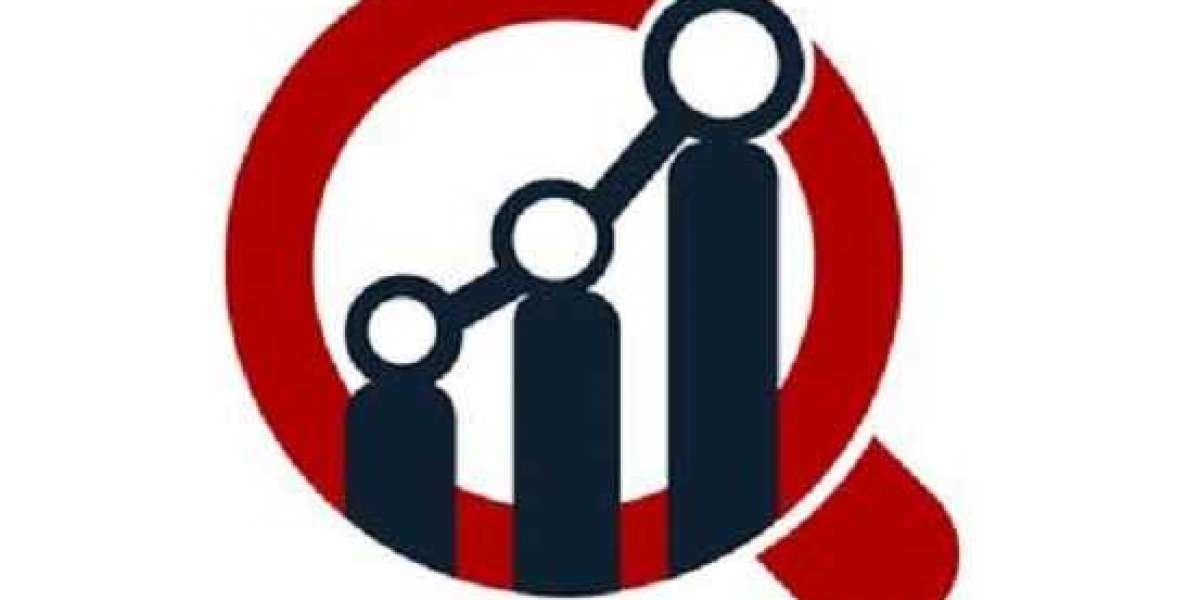Effective communication is vital in the fast-paced and high-stress environment of the emergency department (ED). From interacting with patients and their families to collaborating with colleagues, mastering communication skills is essential for providing quality care and ensuring positive outcomes. Here are some key strategies for mastering communication skills in the emergency department:
1. Establish Rapport Quickly
In the ED, time is often of the essence. Establishing rapport quickly with patients and their families can help build trust and facilitate effective communication. Introduce yourself, greet patients warmly, and convey empathy and understanding from the outset.
2. Active Listening
Practice active listening to fully understand patients' concerns and needs. Listen attentively, maintain eye contact, and provide verbal and non-verbal cues to show that you're engaged and attentive. Paraphrase and summarize patients' statements to ensure clarity and demonstrate your understanding.
3. Use Clear and Simple Language
When communicating with patients, use clear and simple language that is easy to understand, especially in stressful situations. Avoid medical jargon and technical terms unless necessary, and explain information in a way that is relevant and accessible to the patient and their family members.
4. Provide Regular Updates
Keep patients and their families informed about their condition, treatment plan, and progress while they're in the ED. Provide regular updates in a compassionate and honest manner, addressing any questions or concerns they may have. Transparency and communication help alleviate anxiety and build trust.
5. Collaborate with Multidisciplinary Team
Effective communication extends beyond interactions with patients to collaboration with colleagues in the multidisciplinary team. Communicate clearly and respectfully with physicians, nurses, technicians, and other healthcare professionals to ensure coordinated care and optimal patient outcomes.








